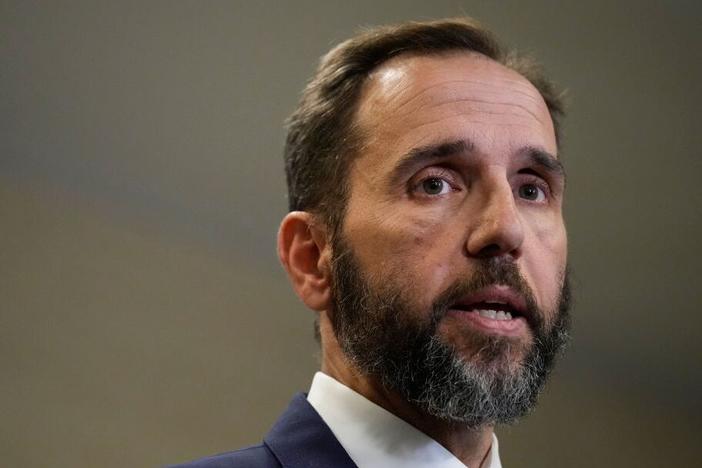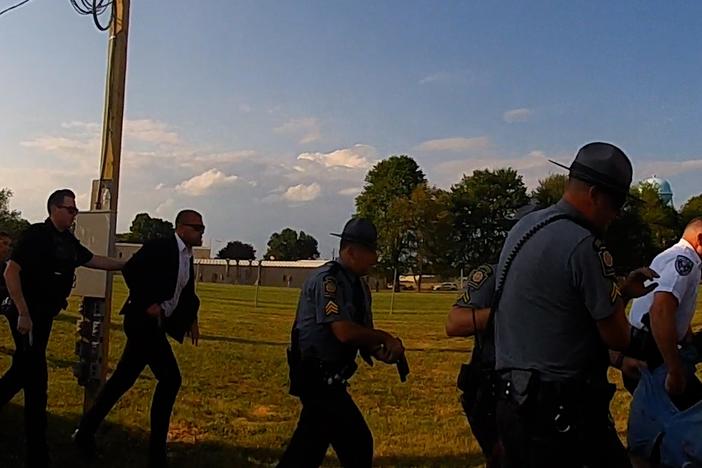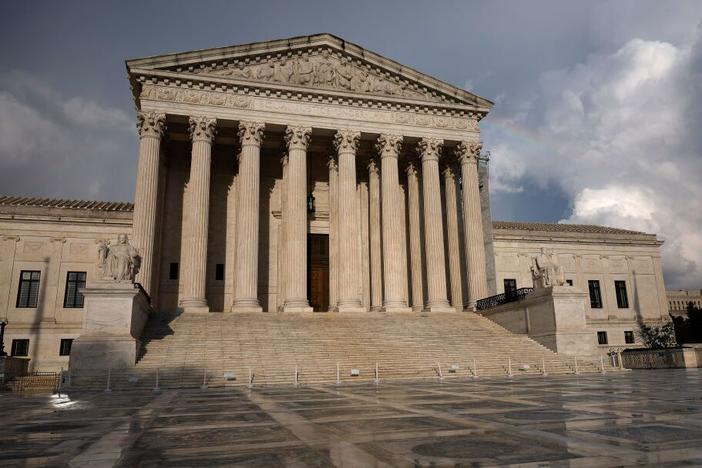Section Branding
Header Content
Judge grants dismissal of Jan. 6 case against Trump
Primary Content
A federal judge dismissed the Jan. 6 election interference case against Donald Trump hours after federal prosecutors filed a motion to dismiss both that case and the Mar-a-Lago documents cases against Trump.
Judge Tanya Chutkan of the U.S. District Court for the District of Columbia dismissed the case without prejudice.
The move was widely expected. Just a day after the election, special counsel Jack Smith, who headed the investigations, began to unwind the federal cases against Trump: the first for clinging to power in 2020, events that resulted in the storming of the U.S. Capitol; the second for hoarding classified documents and obstructing FBI efforts to retrieve them.
The "Department's position is that the Constitution requires that this case be dismissed before the defendant is inaugurated," Smith said in the filing related to the Jan. 6 case. "And although the Constitution requires dismissal in this context, consistent with the temporary nature of the immunity afforded a sitting President, it does not require dismissal with prejudice."
In a separate filing, Smith also moved to dismiss the documents case against Trump. A Trump-appointed federal judge had previously dismissed the case against finding the prosecutor was unconstitutionally appointed. The Justice Department had appealed that ruling, but that decision now stands.
Smith said, however, the case against Walter de Nauta and Carlos de Oliviera, the two co-defendants, will continue. The federal judge's order had covered the two men, too.
"The appeal concerning the other two defendants will continue because, unlike defendant Trump, no principle of temporary immunity applies to them," he said in the filing.
A judge has not ruled in that case yet, though a similar outcome can be expected.
Monday's filing is in line with longstanding Justice Department policy that says a sitting president cannot be indicted or tried on criminal charges because it would violate the Constitution and interfere with the working of the executive branch.
In a statement, Steven Cheung, Trump's spokesman, said the Justice Department's move "ends the unconstitutional federal cases against President Trump, and is a major victory for the rule of law."
Over the summer, the U.S. Supreme Court said the Constitution gave the president broad immunity, putting the cases against Trump in peril.
Bottom Content




